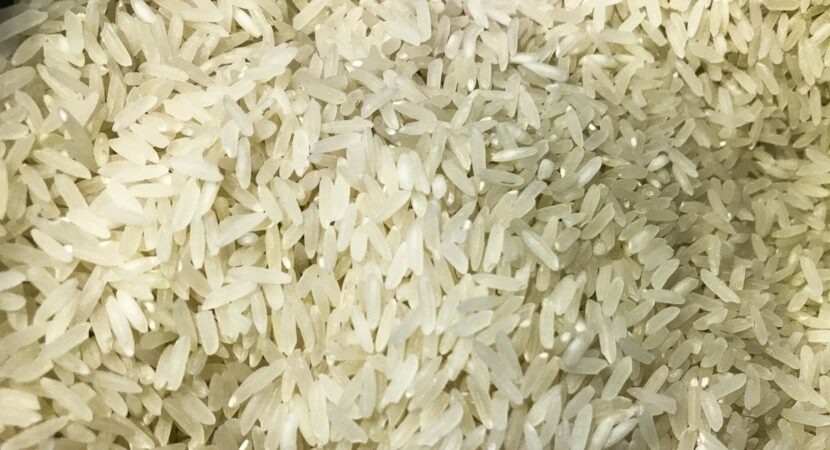
Measure of the Federal Government serves to try to reduce the price of goods in the country in the midst of inflation and appreciation of the dollar
Last Monday, (23/05), the Federal Government reduced by another 10% the aliquot of the Import Tax for more than 6 thousand tariff codes of the Mercosur Common Nomenclature, the also known NCM. The government's measure will impact goods such as meat, beans, pasta, biscuits, rice, construction materials, among other goods that are part of the Common External Tariff.
The items had already benefited from a 10% reduction in November last year, according to Gecex Resolution No. 269/2021. Taking into account the current measure together with the previous measure, around 87% of the NCM tariff codes were reduced to 0% or reduced by 20%. The Management Executive Committee (Gecex) approved the new measure at the first extraordinary meeting. The measure was approved on an exceptional basis, valid until December 31, 2023.
What are the benefits of the measure?
With inflation on the rise and money increasingly short for population, the measure aims to reduce the cost of almost all imports made by individuals and companies. As a result, the tendency is for the price of these products to fall in the domestic market as well.
Impact of the measure on the economy
The Federal government reported that the measure is a way to alleviate the negative consequences of Covid-19 on the country's economy. The conflict involving the countries of Ukraine and Russia was also taken into account. Lucas Ferraz, Secretary of Foreign Trade, pointed out that the measure leaves Brazil at a level similar to the countries that are part of the OECD.
''Today's measure, added to the 10% reduction already carried out last year, brings the Brazilian tariff level closer to the international average and, in particular, to the countries of the Organization for Economic Cooperation and Development (OECD)", said the secretary.
The Foreign Trade Secretariat (Secex), of the Ministry of Economy, assesses that the reduction of the import tax will generate a chain reaction that will increase investments, imports, exports and jobs in the country.
Chamber of Deputies debates ways to reduce fuel prices
Another way of trying to minimize the impacts of the economic crisis on Brazilians' pockets is to reduce fuel prices. The Chamber of Deputies is studying a bill that aims to limit the tariff of the ICMS. The bill is quite controversial, as it could generate a billionaire gap in municipal revenues.











I hope it sells quickly...
How embarrassing! Before writing any article,…
TO COMPLETE THESE THEY PUT GENERAL WATERMELON🍉 TOMÁS…
Approved. Where to find? What is the estimated price?…
WHAT A DISSERVICE! The solution to waste…
Very cool!
35 tons of gold went to…
Throwing a lot of rubbish into the sea...